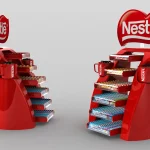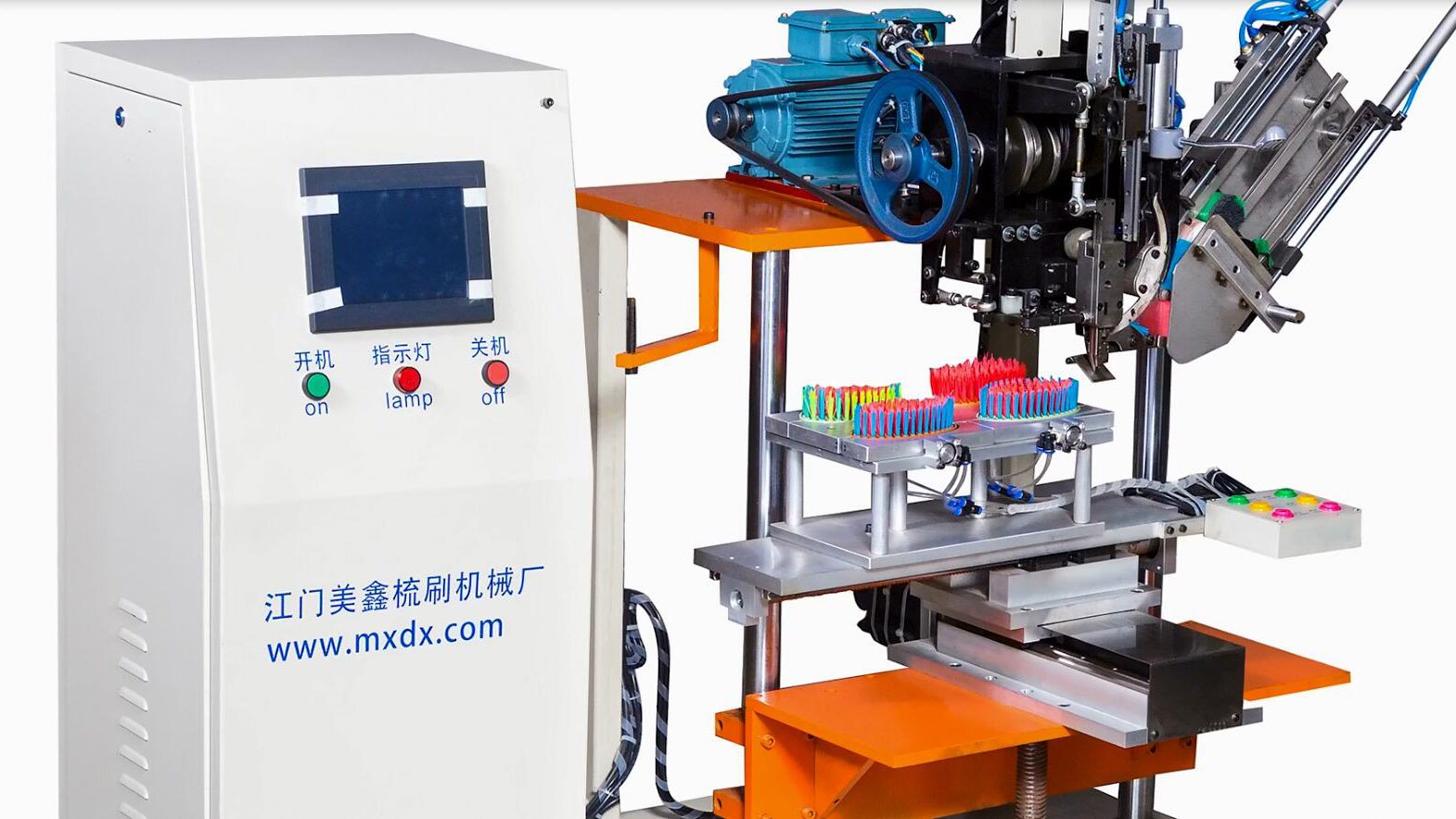The Rise of Brush Machine Factories
Brush machine factories have become pivotal in the manufacturing industry, revolutionizing how brushes are produced and utilized across various sectors. From household cleaning tools to specialized industrial applications, the demand for high-quality brushes has spurred significant advancements in brush manufacturing technology. These factories have evolved from simple manual operations to highly automated, sophisticated production lines capable of producing brushes with precision and efficiency.
The history of brush machine factories dates back to the industrial revolution, where the need for mass-produced goods led to the development of early brush-making machines. These initial machines were rudimentary, relying heavily on manual labor. However, as technology advanced, so did the machinery. The introduction of electric motors and automation in the 20th century marked a significant turning point, enabling factories to increase production speed and consistency while reducing labor costs.
Innovations in Brush Manufacturing Technology
The modern brush machine factory is a marvel of engineering, integrating cutting-edge technology to enhance productivity and product quality. One of the most notable innovations is the adoption of Computer Numerical Control (CNC) machines. CNC technology allows for precise control over the production process, ensuring each brush meets exact specifications. This precision is crucial for industries that require brushes with specific attributes, such as uniform bristle length and density.
Automation has also played a crucial role in advancing brush manufacturing. Robotic arms and automated conveyor systems have replaced many manual tasks, increasing efficiency and reducing the risk of human error. Additionally, advancements in materials science have led to the development of new bristle materials that offer improved performance and durability. For instance, synthetic bristles made from nylon or polypropylene are now commonly used in place of natural bristles, offering better resistance to wear and chemicals.
Environmental Considerations and Sustainability
As with many industries, brush machine factories are increasingly focusing on sustainability and environmental impact. Traditional brush manufacturing processes often involved the use of harmful chemicals and produced significant waste. However, modern factories are adopting greener practices to minimize their ecological footprint. This shift is driven both by regulatory requirements and by a growing consumer demand for environmentally friendly products.
One approach to sustainability in brush manufacturing is the use of recycled materials. Factories are now incorporating recycled plastics into their bristle production, reducing the need for virgin materials and decreasing plastic waste. Additionally, improvements in production efficiency mean that less energy is required, further reducing the environmental impact. Some factories are also investing in renewable energy sources, such as solar or wind power, to reduce their reliance on fossil fuels.
The Future of Brush Machine Factories
Looking ahead, the future of brush machine factories is bright, with several exciting trends and developments on the horizon. One area of focus is the continued integration of smart technology and the Internet of Things (IoT). By embedding sensors and connectivity into manufacturing equipment, factories can collect and analyze data in real-time, leading to improved decision-making and predictive maintenance. This not only enhances operational efficiency but also helps to identify and address potential issues before they cause significant disruptions.
Another promising development is the customization and personalization of brush products. Advances in 3D printing technology allow for the creation of custom brushes tailored to specific needs and applications. This capability is particularly valuable in industries such as healthcare, where specialized brushes are required for medical devices and procedures. Additionally, as consumer preferences evolve, there is a growing demand for personalized products, which brush machine factories are well-positioned to meet.
In conclusion, brush machine factories have undergone significant transformation over the years, driven by technological advancements and a focus on sustainability. From their humble beginnings to the highly automated and efficient operations of today, these factories play a crucial role in various industries, providing essential tools that enhance productivity and quality. As they continue to innovate and embrace new technologies, brush machine factories will undoubtedly remain at the forefront of manufacturing, shaping the future of the industry.









